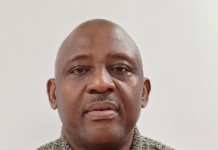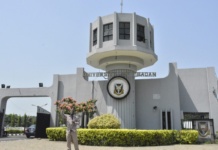Talks between North and South Korea were indefinitely halted at the last minute this week, after officials stated on 11 June that disagreements between the two states on the composition of their delegations could not be overcome.
The high-level talks, which were due to begin on 12 June in Seoul, North Korea’s capital, were set to focus primarily on economic policy and the two countries’ commercial links.
But on the eve of the discussions, a spokeswoman for South Korea’s Unification Ministry announced that “there will be no talks tomorrow”. It was said that the major source of contention between the two parties is an irresolvable disagreement over the diplomatic ranks of their chief delegates.
Despite the narrow, chiefly economic, agenda for the discussions, the fact they were to be held at all was a significant development. North and South Korea have not held working-level talks since 2011, and none at a ministerial-level – such as those arranged for this week – since 2007.
Speaking last week, South Korean President Park Geun-hye said that she hoped that “on the occasion of the talks, … [the two Koreas] will take a first step towards permanent peace and building trust. I also hope the South and the North will produce results that the people want through sufficient cooperation on hard-to-handle issues.”
The main issue under discussion was to be the two currently-suspended joint commercial projects between the two nations: the Kaesong Industrial Complex at the border of the two countries, and the Mount Kumgang tourist resort in the North’s Kwangwon-do region. Kumgang has been closed since a South Korean tourist was shot dead there in 2008, while operations at Kaesong were suspended when the North withdrew its 53,000 workers there in April, when tensions massively escalated between the two countries.
Those tensions form the background to current attempts at dialogue. After weeks of claims by North Korea that they were seeking to obliterate the South and launch a nuclear attack on its ally, the US, a direct line between the two countries was restored last week. The North has claimed that it “sincerely” and “magnanimously” wants to reengage with its southern neighbour.
Whether the current disruptions to the talks are a permanent cancellation or merely a postponement is as yet unclear.









